Dogs like Labrador Retrievers, Beagle, Boxer, Bulldogs, and Cavalier King Charles Spaniels are some of the best dog breeds for home. On the other hand, dogs like BullDogs and Rottweilers are misunderstood as the most dangerous dogs. These dogs are loved regardless of their reputation.
Bringing a new furry friend home is an exciting experience. But with so many breeds out there. Sometimes, deciding which is the right fit can be overwhelming. Some breeds are labelled ‘dangerous‘ and need extra precautions and care. Here, we will provide expert insights on dog breeds and their potential behaviour. We will also take a closer look at breeds known for their strength and potential aggression. Importantly, we will discuss the debate around breed-specific legislation. Keep reading to find some interesting details.
Table of Contents
Understanding Dog Breeds: A Primer
Different dog breeds show different characteristics. They come in various sizes, each with its energy levels. Understanding these breed traits is crucial in selecting a dog that best suits your lifestyle. Some breeds are more suitable for families, while others are for individuals. It is essential to make an informed decision.
What Makes a Breed ‘Best’ or ‘Dangerous’?
The perception of danger varies. It can be influenced by upbringing, socialization, and training. Responsible ownership, socialization, and obedience training are crucial for any breed. Understanding breed-specific traits is essential to meet their needs and prevent potential issues. Some breeds are aggressive, but proper training can turn them into family pets. Whereas others are already quiet and friendly. Due to the toxic environment, any dog can turn aggressive.
Factors Influencing Dog Behavior
- Genetics play a role in shaping a dog’s behaviour.
- Early socialization and exposure to various environments influence their behaviour.
- Training, obedience, and reinforcement techniques significantly impact dogs’ behaviour.
- The home environment and the presence of children also affect their behaviour.
- The overall physical and mental well-being of the dog are key factors.
Top 5 Dog Breeds Ideal for Homes
Labrador Retrievers are friendly and adaptable. These features make them great for families. Beagles are playful, social, and ideal for homes, but require mental and physical stimulation to prevent boredom. Boxers are energetic and protective, making them family dogs. Bulldogs are docile and loyal, making them suitable for families with children because of their patient demeanour. Cavalier King Charles Spaniels are affectionate and gentle companions for those living in smaller spaces.
Labrador Retriever: The Family Dog
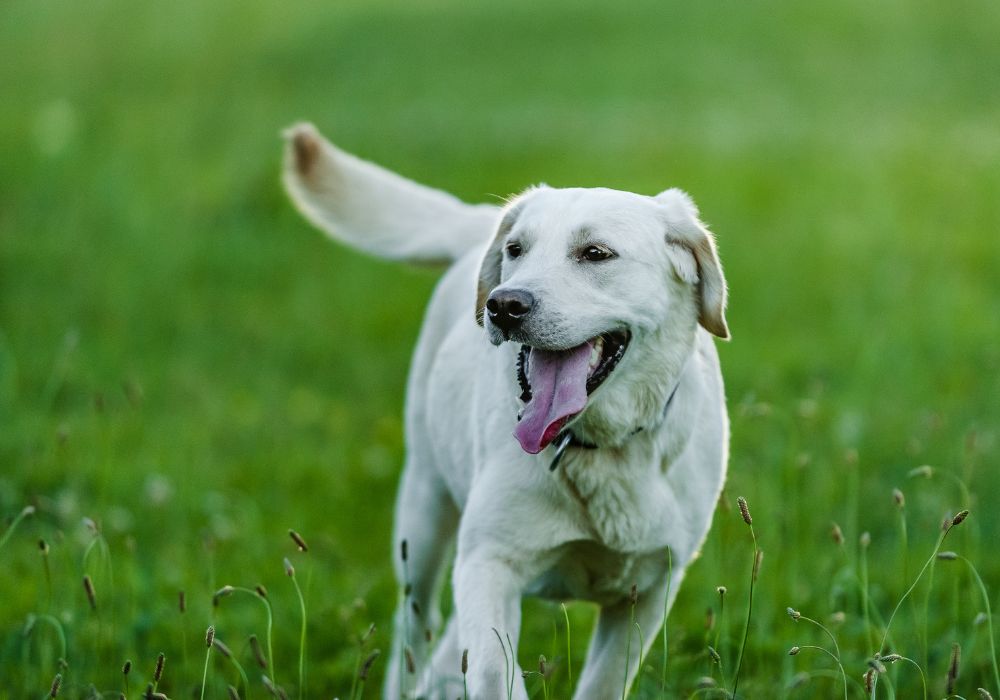
- Labrador Retrievers are renowned for their amicable and outgoing nature.
- Their exceptional intelligence and eagerness to please make them highly trainable.
- They thrive in active households that enjoy outdoor activities due to their size, energy level, and affinity for the outdoors.
- Labs generally get along well with children.
- It is crucial to prioritize socialization to ensure positive interactions.
Beagle: A Friendly Breed

- Beagles are renowned for their friendly and pleasant nature.
- They are an excellent choice for families, children, and other animals.
- Their small size, adaptability, and affectionate nature make them great companions for households of all sizes.
- Beagles have a strong sense of smell and a love for exploration.
- It’s crucial to have strong fences and provide supervision to prevent them from wandering.
- Beagles can be stubborn, so consistent and positive reinforcement is necessary.
- Regular mental and physical exercise is vital to keep them happy.
- As they can quickly become bored if not properly stimulated.
Boxer: Playful and Energetic
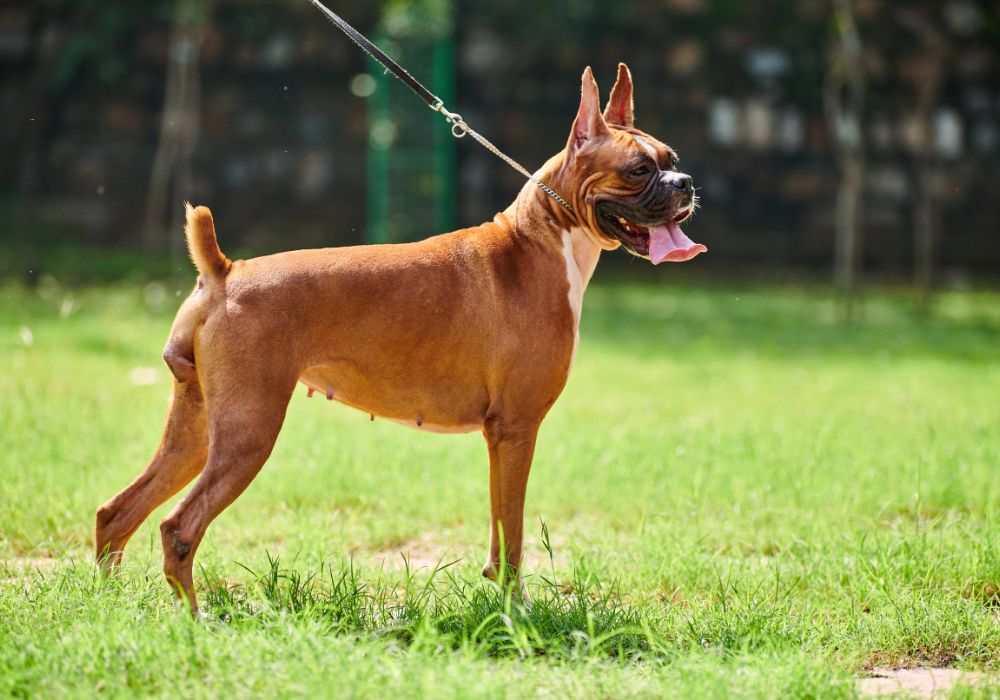
- Boxers are great for active families and individuals seeking a lively companion.
- Regular exercise is crucial for these dogs to burn off their abundant energy.
- They are ideal for families that enjoy outdoor activities, long walks, or runs.
- Proper socialization is critical to preventing aggression towards strangers.
- They are protective of their loved ones.
- Boxers have a strong prey drive, which may make them less suitable for homes with smaller animals.
Bulldog: Docile and Protective
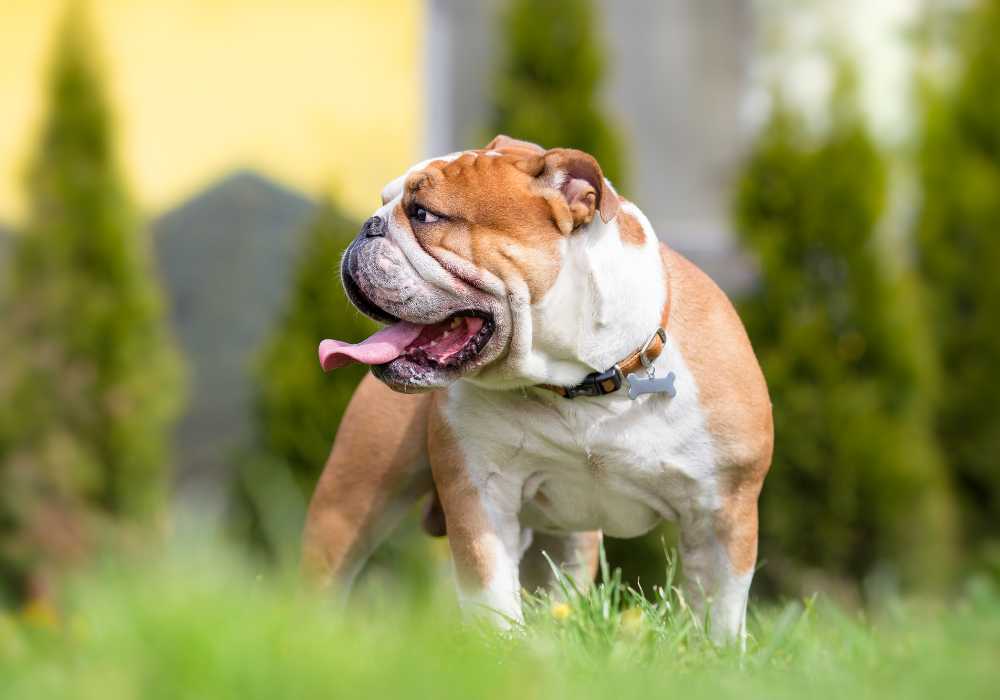
- Bulldogs are known for their docile and gentle nature.
- They are an excellent choice for families, especially those with children.
- They don’t require excessive exercise.
- It is ideal for individuals or families with limited time or living in smaller spaces.
- Bulldogs are protective of their family, making them excellent guard dogs.
- It’s essential to socialize them properly to prevent aggression towards strangers.
- Due to their size, Bulldogs can be susceptible to specific health issues.
- Regular veterinary care is necessary for their well-being.
- They are low-maintenance companions for families.
- With the proper socialization, training, and love, Bulldogs can be the perfect.
Cavalier King Charles Spaniel: Affectionate and Gentle
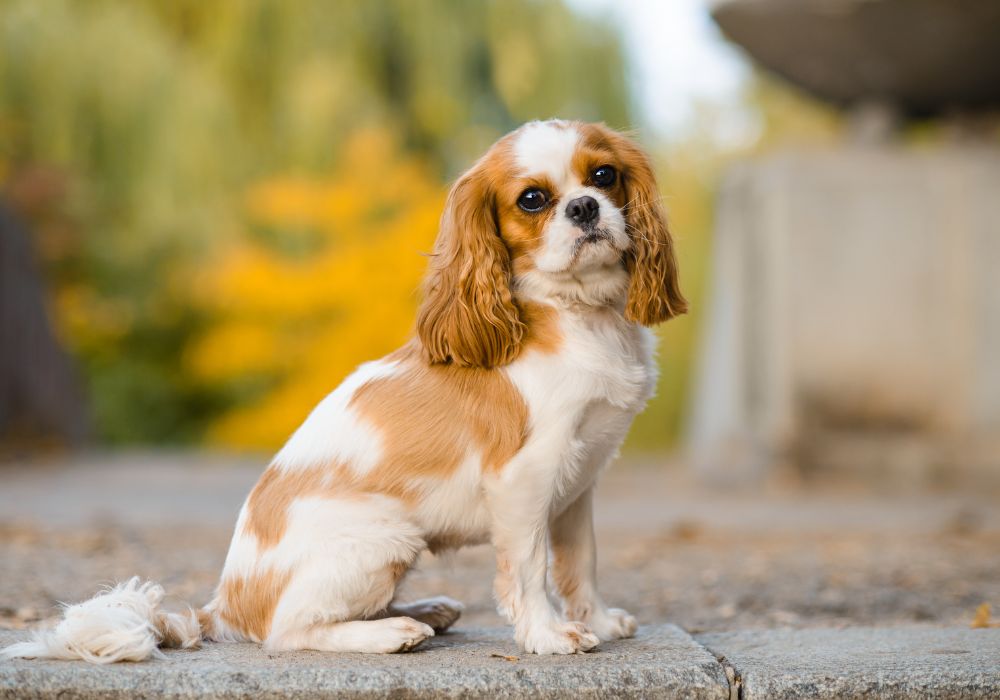
- Cavalier King Charles Spaniels are cherished for their affectionate and gentle nature.
- They are excellent companions for individuals, couples, or small families.
- Their small size makes them an excellent choice for those with smaller living spaces or apartments.
- These dogs crave human company and provide unwavering loyalty.
- It is ideal for anyone seeking a loving and affectionate pet.
- Their long, silky coats require regular grooming.
- Cavaliers are a perfect match for less active individuals.
- They do not demand excessive exercise but still enjoy daily walks and playtime.
Dangerous Dog Breeds: A Closer Look
Breed reputation doesn’t solely determine dangerous behaviour. Still, certain breeds like Pit Bulls, Rottweilers, and Akitas have been associated with aggression issues due to their strength and power. However, it’s important to note that aggression isn’t specific to any breed. Individual dogs within these breeds can vary in behaviour. Responsible dog ownership, socialization, training, and early intervention are crucial for preventing incidents. Educating the public and understanding each breed’s specific needs help reduce the risk of dangerous behaviour. Consult professionals for guidance on selecting the right breed and ensuring a safe pet.
Pit Bulls: Misunderstood or Menace?
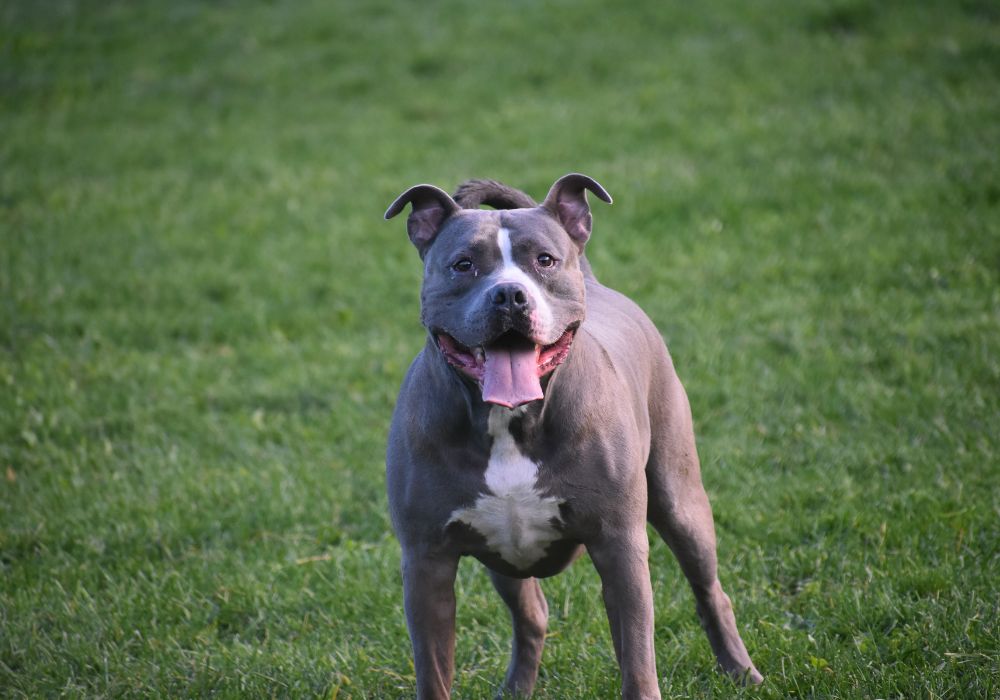
- Pit bulls can be loving family pets with proper socialization.
- It’s crucial to judge dogs based on behaviour rather than breed.
- Responsible ownership includes obedience training and providing exercise and mental stimulation.
- Mistreatment or neglect can make any dog dangerous.
Rottweilers: Powerful and Potentially Dangerous
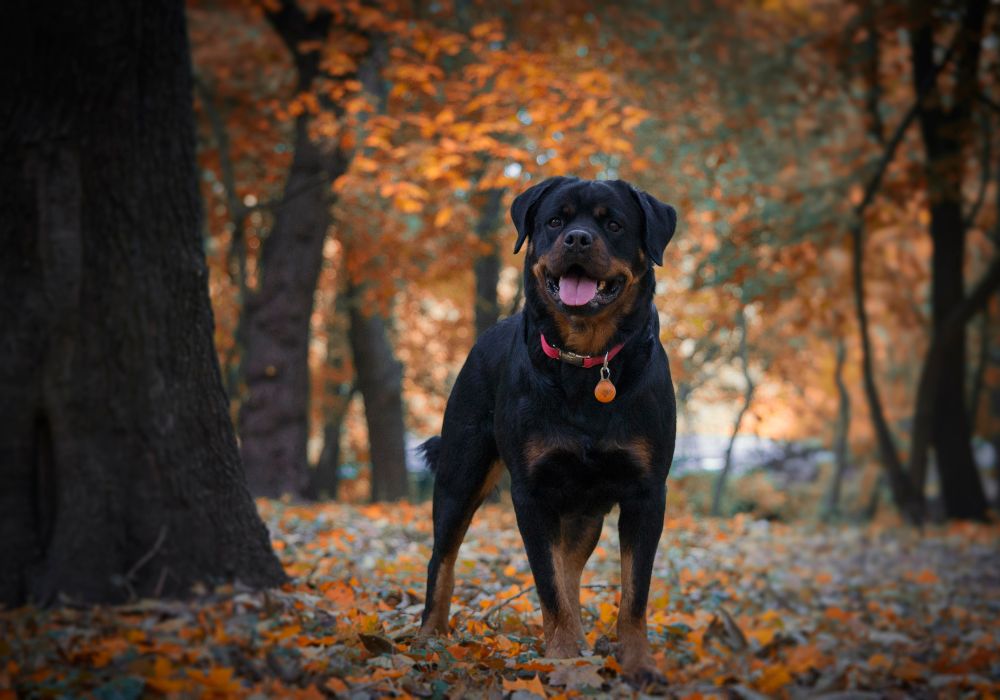
- Rottweilers are known for their power and protective nature.
- In the wrong hands, they can be potentially dangerous.
- Rottweiler owners must provide proper socialization, obedience training, and strong leadership.
- Responsible breeders and owners prioritize a Rottweiler’s temperament, socialization, and obedience to ensure the best behaviour.
- Early socialization is crucial to prevent aggression issues towards strangers or other animals.
- With the proper upbringing, Rottweilers can be loyal and loving family dogs.
- Owning a powerful breed like the Rottweiler requires responsibility and commitment.
Doberman Pinscher: A Loyal Guardian
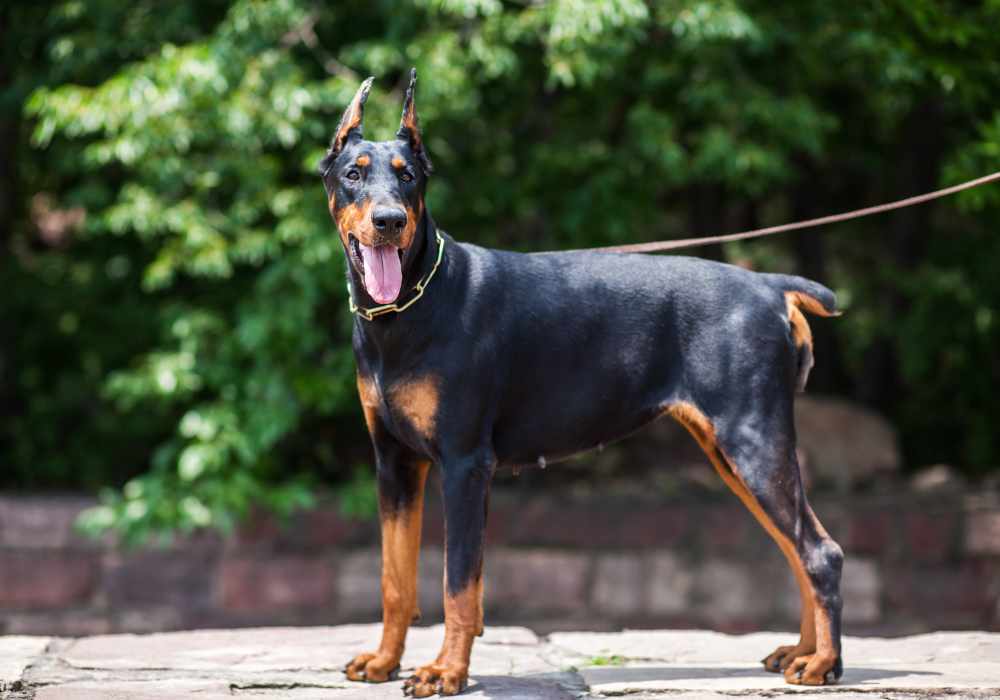
- Doberman Pinschers are renowned for their protective nature.
- They are highly effective guard dogs.
- Proper socialization, obedience training, and early exposure to different environments are crucial to preventing aggression.
- These intelligent breeds require mental stimulation to curb destructive behaviour.
- Responsible breeders and owners emphasize temperament, socialization, and obedience to ensure positive behaviour in Doberman Pinschers.
- With the proper training and socialization, Doberman Pinschers can become loyal, protective, and loving family pets.
- Their loyalty and guarding instincts make them an excellent choice for those seeking a loyal guardian.
German Shepherds: Intelligent but Intimidating
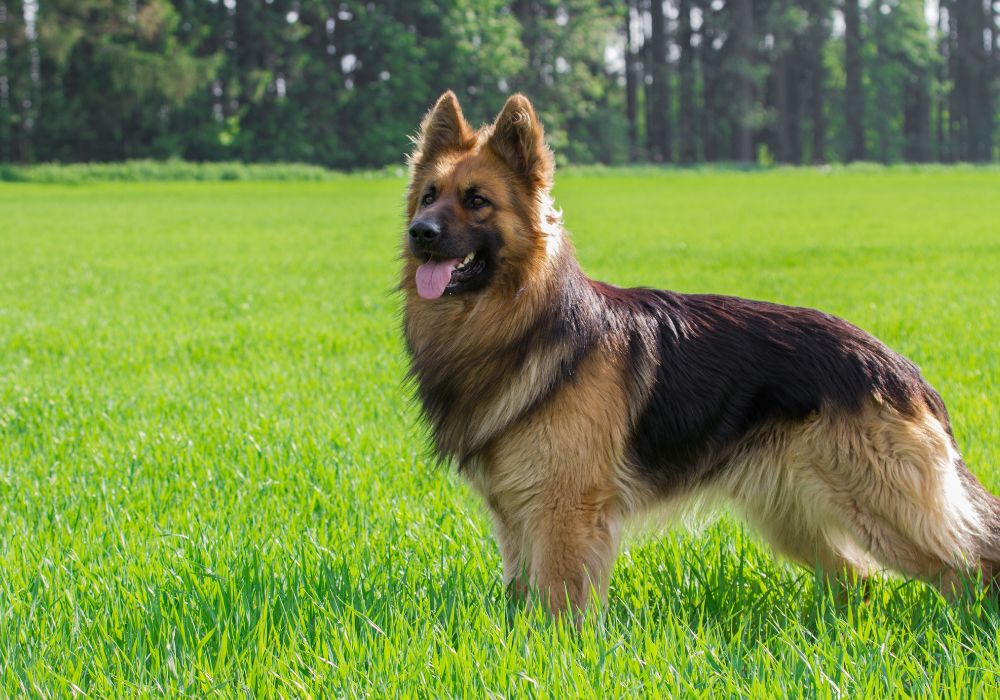
- German Shepherds are highly intelligent breeds.
- They are well-suited for various roles, such as police and service dogs.
- To prevent aggression, owners must prioritize proper socialization, obedience training, and strong leadership.
- These dogs require mental and physical stimulation to prevent boredom, which can result in destructive behaviour.
- Responsible breeders and owners focus on factors like temperament, socialization, and obedience to ensure the best behaviour in German Shepherds.
- With the proper upbringing, German Shepherds can be loyal, protective, and loving family dogs.
Akita: A Protective Breed with Potential Aggression
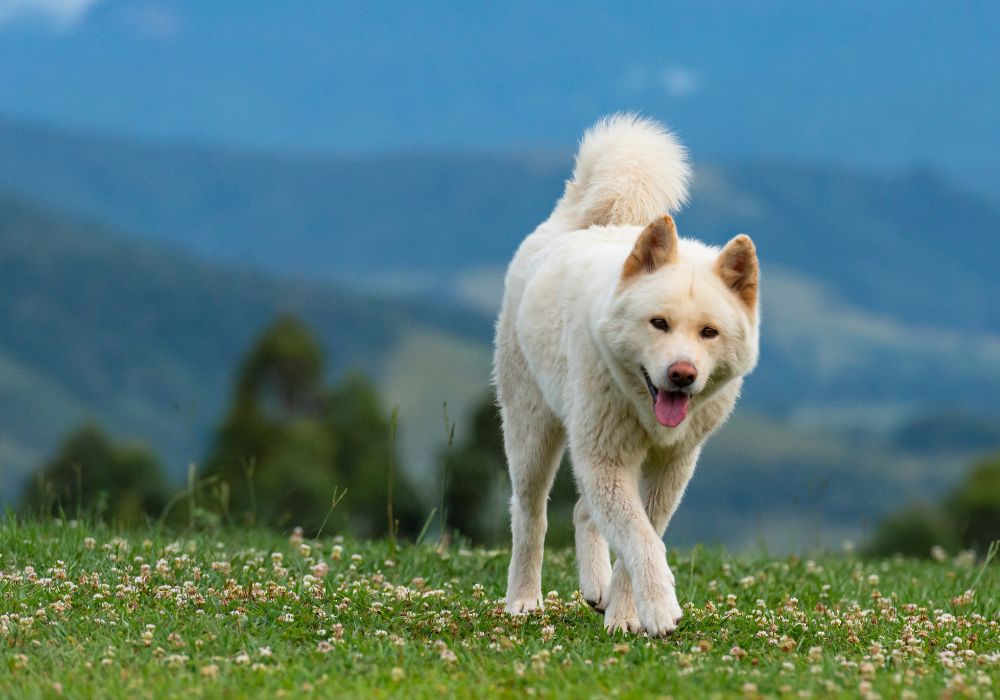
- Akita dogs are known for their protective nature.
- If not properly trained and socialized, they can lead to aggression.
- To prevent aggression, provide early socialization and obedience training and establish strong leadership.
- Responsible breeders and owners prioritize temperament, socialization, and obedience to ensure the best behaviour in Akitas.
- It’s important to note that Akitas requires confident and consistent leadership to thrive in a family environment.
- Akita dogs can become loyal and loving companions by providing the right guidance and care.
Dealing With Dangerous Dog Breeds: Precautions and Measures
Responsible dog ownership plays a crucial role in dealing with dangerous dog breeds. Understanding these breeds’ temperament, behaviour, and potential aggression is essential to prevent dangerous situations. Training your dog to follow, socializing them well, and providing strong leadership is vital in preventing aggression. Implementing safety measures such as secure fencing, muzzles, and proper supervision is essential for the safety of the dog, the owner, and the community. Seeking guidance from professional dog trainers, behaviourists, or veterinarians can provide valuable insights in dealing with dangerous dog breeds.
Training Tips for Potentially Dangerous Breeds
- Ensuring obedience and good behaviour in potentially dangerous breeds requires consistent, positive reinforcement training methods.
- Socialization is critical to preventing aggression issues.
- Using force-free, reward-based training techniques to build trust and establish obedience is essential.
- Regular exercise, mental stimulation, and structured routines are vital for the overall well-being of these powerful dogs.
Legal Aspects of Owning Dangerous Dogs
When owning dangerous dog breeds, being aware of the legal responsibilities and restrictions is crucial. The legal responsibilities can vary by jurisdiction. Some jurisdictions may require special licenses, permits, or insurance for owning these breeds. If applicable, compliance with breed-specific legislation is essential to avoid legal issues and ensure the safety of the dog and the community. Responsible dog owners should also understand their liability in dog-related incidents like dog bites. It is a must to take necessary precautions to prevent them.
The Role of Breeders and Owners in Shaping Dog Behaviour
Breeders play a crucial role in shaping dog behaviour by selectively breeding dogs with good temperaments. Owners also have a significant responsibility in shaping their dog’s behaviour. Proper socialization and training can help. Before bringing them into your home, understanding a breed’s specific needs and potential challenges is essential. Responsible breeding and ownership create a safe and harmonious environment for dogs and humans.
Responsible Breeding Practices
Responsible breeding maintains the health, temperament, and behaviour of dogs. It involves selecting parent dogs with good traits and providing proper care and socialization. Breeders should assess temperament and match puppies with suitable owners. Ongoing support, education, and responsible ownership are prioritized by breeders.
The Importance of Proper Socialization and Training
Can Any Dog Breed Truly Be Considered ‘Best’ or ‘Dangerous’?
The classification of a dog breed as ‘best’ or ‘dangerous’ is subjective, as behaviour is influenced by genetics, upbringing, and individual temperament. When evaluating a dog’s behaviour, it’s essential to consider factors such as socialization, training, and responsible ownership. Labelling an entire breed as dangerous can lead to unfair stereotypes and breed discrimination.
The Debate Around Breed-Specific Legislation
Breed-specific legislation is a controversial topic. Supporters argue that certain breeds are dangerous and should be regulated or banned. However, critics believe that a dog’s behaviour is influenced by factors other than the dog’s breed alone. Many experts recommend responsible dog ownership, socialization, and breed-neutral dangerous dog laws for better results. Breed-specific legislation unfairly targets certain breeds and does not accurately reflect individual dog behaviour.
How Much Does a Dog’s Breed Determine Its Behavior?
A dog’s behaviour is influenced by its breed to some extent, including energy levels and protective instincts. Factors like socialization, training, and individual temperament play a more critical role in shaping behaviour. It’s necessary to consider the dog as an individual and not solely rely on breed stereotypes.
Frequently Asked Questions
What is the safest dog breed to own?
There is no single safest dog breed as each dog is unique. However, breeds known for their friendly nature include Golden Retrievers, Labrador Retrievers, and Beagles. For families with children, smaller breeds like Bichon Frises, Chihuahuas, and Pomeranians are often good choices.
What dog breed is best for home defence?
Regarding home defence, no dog breed is inherently better than others. However, certain breeds like German Shepherds, Rottweilers, and Doberman Pinschers are often trained for defence work. Remember that proper training and socialization are crucial for any dog used for home defence.
Are Aggressive Dog Breeds Safe to Own?
Aggressive dog breeds can be safe if they are correctly socialized, trained, and responsibly cared for. While no breed is inherently aggressive, some may have a higher propensity for aggression due to genetics or past experiences. Researching the breed and understanding their needs and temperament before bringing them home is essential.
What are the best dog breeds for kids?
Some of the top dog breeds for kids include Golden Retrievers, Labrador Retrievers, Beagles, and Bulldogs. Considering the breed’s energy level and temperament is a must when choosing a dog for children. Teaching kids how to interact with dogs safely and responsibly is also essential. Always supervise their interactions.
Are some dogs dangerous due to their nature, or is it their upbringing?
While genetics can influence a dog’s behaviour, upbringing and socialization play a crucial role. Breeds may have certain traits, but responsible ownership and training are essential for preventing dangerous behaviour.
What Makes a Dog Breed Aggressive?
Genetics, upbringing, and socialization contribute to a dog breed’s aggression. Breeds with a history of being a guard or fighting dog may have a higher tendency towards aggression. Poor training and lack of socialization can also play a role. Understanding each dog’s temperament is crucial for preventing aggressive behaviour.
What Is the Best Way to Handle an Aggressive Dog Breed?
Handling an aggressive dog breed requires professional help from a qualified dog trainer or behaviourist. Understanding the root cause of aggression is necessary to address the problem effectively. Avoid using physical punishment or aggressive tactics. Instead, focus on patience, consistency, and positive reinforcement techniques for training and socializing your dog.
Conclusion
A dog’s behaviour is influenced by genetics, environment, and training. Breed traits should be taken into consideration when evaluating suitability. Responsible breeding, socialization, and training shape behaviour. Comply with legal requirements and ensure proper care for dogs.
Share with us if you have any stories and thoughts. I would love to read your feedback. Stay with the dog cluster and gather knowledge about the dog.


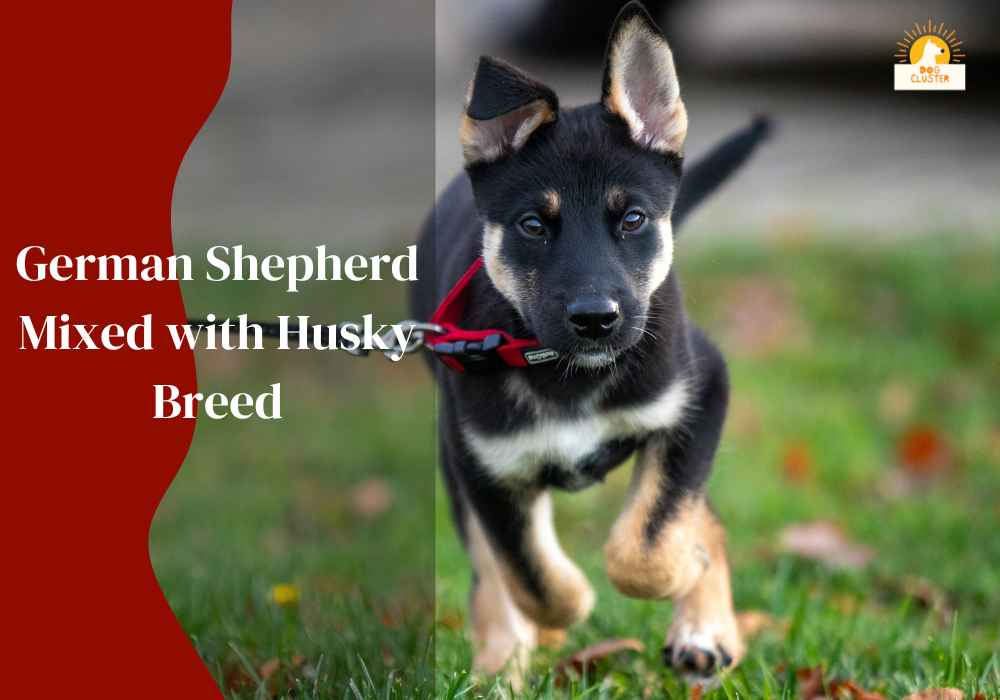
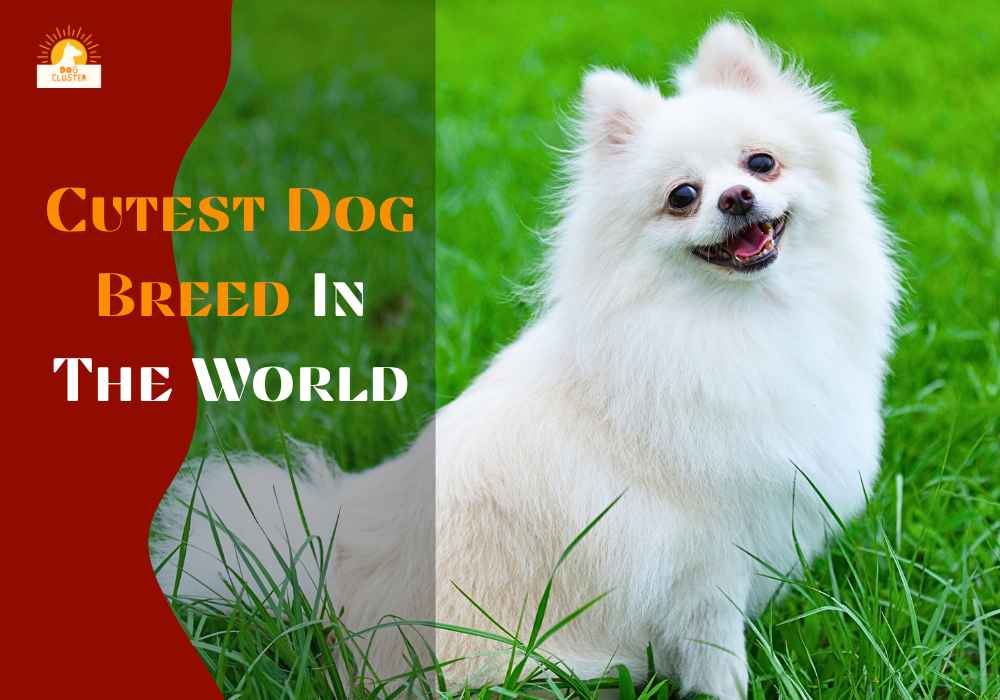
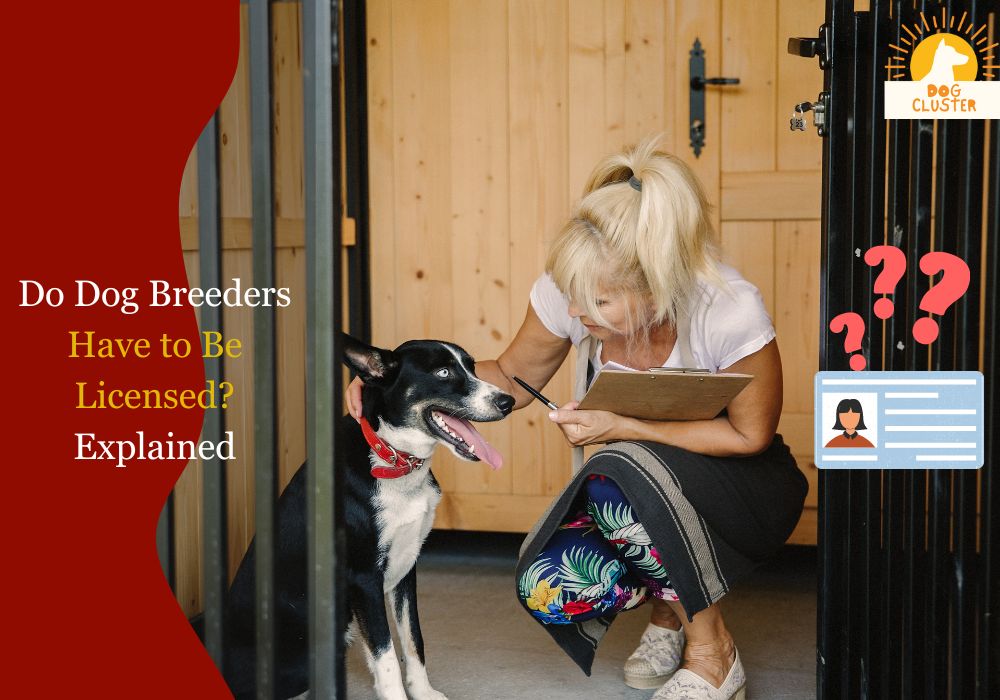
Leave a Reply